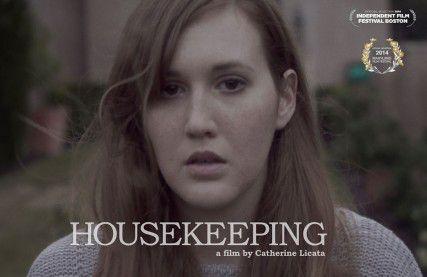On Thursday, Muse writer Mel Papalcure had the opportunity to talk to Thomas Fec from Black Moth Super Rainbow, an experimental band from Pittsburgh. Their new album Cobra Juicy features some inventive transient dance beats and crunchy melodies, as heard at the Paradise Rock Club.
Mel Papalcure: How did you come up with the name for Black Moth Super Rainbow? What does it symbolize?
Thomas Fec: It doesn’t symbolize anything. It’s just something that came up one day. I was at work or something, I dunno. I wanted something that didn’t mean anything. We really couldn’t place much with it.
MP: What influences have you drawn upon? What music do you listen to?
TF: I’m never really influenced too much by what I do, it’s always more about wanting to make what I thought no one else was making — this hole I wanted to fill. I wanted to hear what I wasn’t hearing.
MP: How would you describe the relationship between music and thought, or your own thoughts in your music?
TF: I don’t think music is something about thought. It’s more primal than that. I don’t think it’s really about thought, for me at least I like to leave what I do open. I don’t like to explain what I do. I don’t like to define it. It’s better if the people listening come up with their own meaning for it. Because I think you would be really disappointed if I explained what it meant, to me at least.
MP: Do you see yourself as a critic of American culture or are you something positive that has come out of the culture?
TF: I never thought about the implications and bigger things like that — I’ve always just you know, tried to put up the middle finger with a lot of the stuff I do.
MP: With your own projects, Tobacco [his stage name], where does that name come from?
TF: That was a character that used to freak me out as a kid. It was in this movie, he was called the “Tobacco Man.” It always stuck with me.
MP: Do you feel like you have to compromise between your own projects and the Black Moth projects?
TF: They’re both mine, there’s no — I just kind of do whatever I want to do. I don’t have a record label or anything. I can do whatever I want on my own timeline I guess.
MP: As an artist, it must be difficult to have to balance between knowing that people are going to respond when it’s something that comes from a personal position. Do you feel like you’re true to what you want?
TF: I spent about a year thinking about that stuff, and that was a really bad year. And that was the reason that was a bad year. And with this new one, I just put my hands up in the air. I just truly do not care. It’s kind of like, if you ever had a job, some crappy high school job or whatever, and you knew you were quitting the next week to go off to college because you could do whatever and it doesn’t matter and who cares? When I started, and now at this point in time, I don’t think about what people think of it.
MP: What have been the biggest difficulties so far?
TF: The biggest difficulty was probably that point in time after Dandelion Gum when people started noticing, and people started noticing they were noticing, and then I acted knowing that. That was probably the hardest part of this whole thing, and getting through that — breaking through and being back to where I am now was really difficult.
MP: Where do you ideally want to head with everything in the future?
TF: It’s hard to say because it’s impossible to want anything more or to imagine that anyone else had been liking the music. I don’t have any plans, but I think I’ll just keep doing it as long as I’m having fun with it, like I have been, and like I did when I was in high school. I’ll keep going, and as soon as I’m not having fun with it I’ll stop again.























































































































